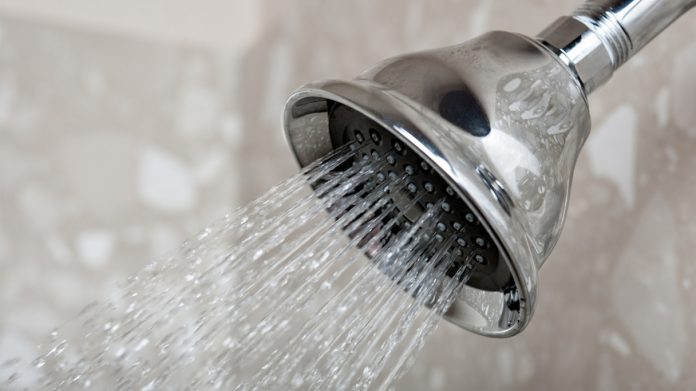
When it comes to cleaning guestrooms, the role of the engineering/maintenance department is often overlooked by housekeeping managers. However, proper maintenance of guestroom mechanical and electrical systems is important—it can prolong their use life, and simply keeping these systems clean can reduce energy expenses. Here are some examples.
Toilets, showerheads, and faucets.
Flapper valves should be replaced annually in every guestroom toilet. Minerals and hard water deposits can erode a two-dollar rubber flapper valve over time and prevent it from forming a water-tight seal. Replacing this item is simple and takes three minutes. The greatest waste of water in hotels is usually attributed to leaking from eroded guestroom toilet flapper valves. Conversely, cleaning the lime and calcium deposits from plugged sink aerators and showerheads can ensure proper water flow and reduce the potential for burst water pipes within the walls.
HVAC units.
Regardless of whether a hotel uses through-the wall package terminal air conditioning units (PTACs) or in-wall/in-ceiling heat pumps for its guestrooms, the air intake filter for each unit must be cleaned or replaced periodically and pipes kept free of dust buildup. Similarly, the exhaust vents must be cleaned of dust accumulation or other debris that will stress the mechanical system, shorten its use life, and increase the energy needed to heat or cool the guestroom.
Exhaust fan and vents.
Much like HVAC units, dust buildup on bathroom exhaust fans and vents is unsightly, reduces the use life of exhaust systems, and diminishes the fan’s ability to remove moisture from the bathroom. Resultantly, the potential for mold and mildew growth increase as moisture removal decreases.
Other electrical devices.
The accumulation of dust on ceiling and wall-mounted light fixtures and their accompanying bulbs not only reduces the number of lumens displayed, but also increases the running temperature of the electrical device, which increases the risk of an electrical fire. This same concept holds true for televisions, radios, and alarm clocks.











